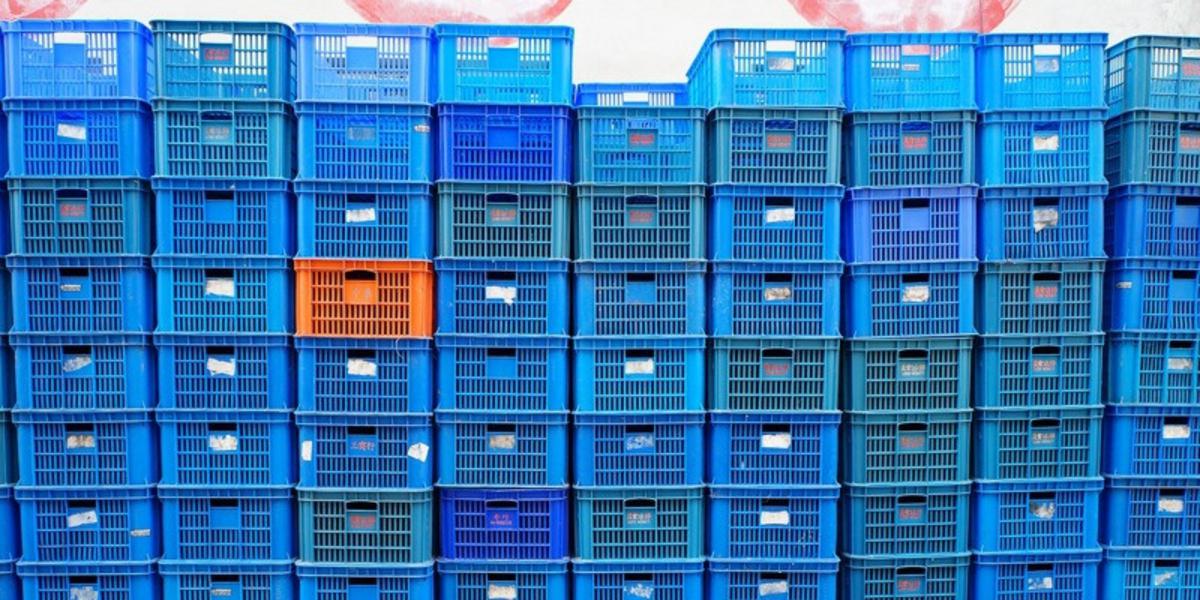Total.js Chunker is a very useful helper for importing data from larger data-sources. Chunker and U.streamer() are very big canons and these methods can save a lot of time.
// U.chunker(name, [items_per_page])
var chunker = U.chunker('products', 50);
// Filenames will be in this form: /tmp/products1.json, /tmp/products100.json
// We have a big data stream
somestream.on('data', U.streamer('<product>', '</product>', function(value, index) {
var product = value.parseXML();
// Chunker creates multiple files with a specific number of the "chunks" (in our case: 50 products).
// chunker.write(object);
chunker.write(product);
}));
// No more data, let's process the files chunker created
somestream.on('end', function() {
// Flushes last open file
chunker.end();
// Reads each file
chunker.each(function(items, next) {
// items === 50 products
// here we can update DB
// here we have a lot of time :)
// ....
// ....
// Read next items
next();
}, function() {
// This method is called when the chunker doesn't contain any more items (optional).
// Cleans up hdd and memory
chunker.destroy();
});
// Reads items by page number
// chunker.read(page, function(err, items) {
// items === products (max 50)
// });
// Deletes created files
// chunker.clear();
// Calls chunker.clear(); internally and deletes in-memory data
// chunker.destroy();
});
I use Chunker when I perform imports from different data-sources e.g. XML into my e-commerces. It's very useful helper optimized for low CPU load.
